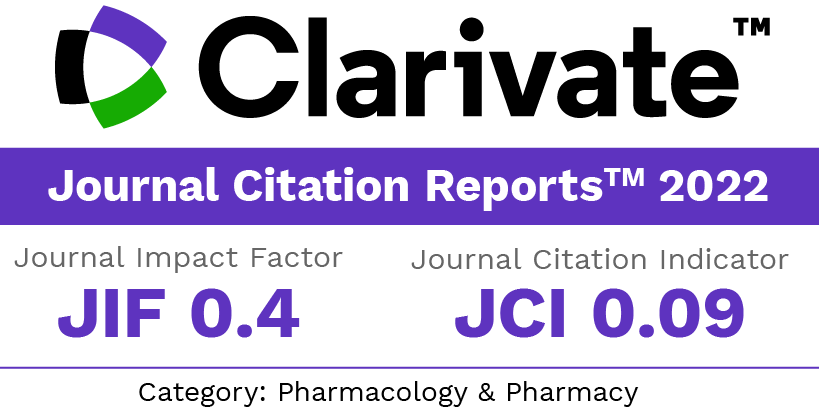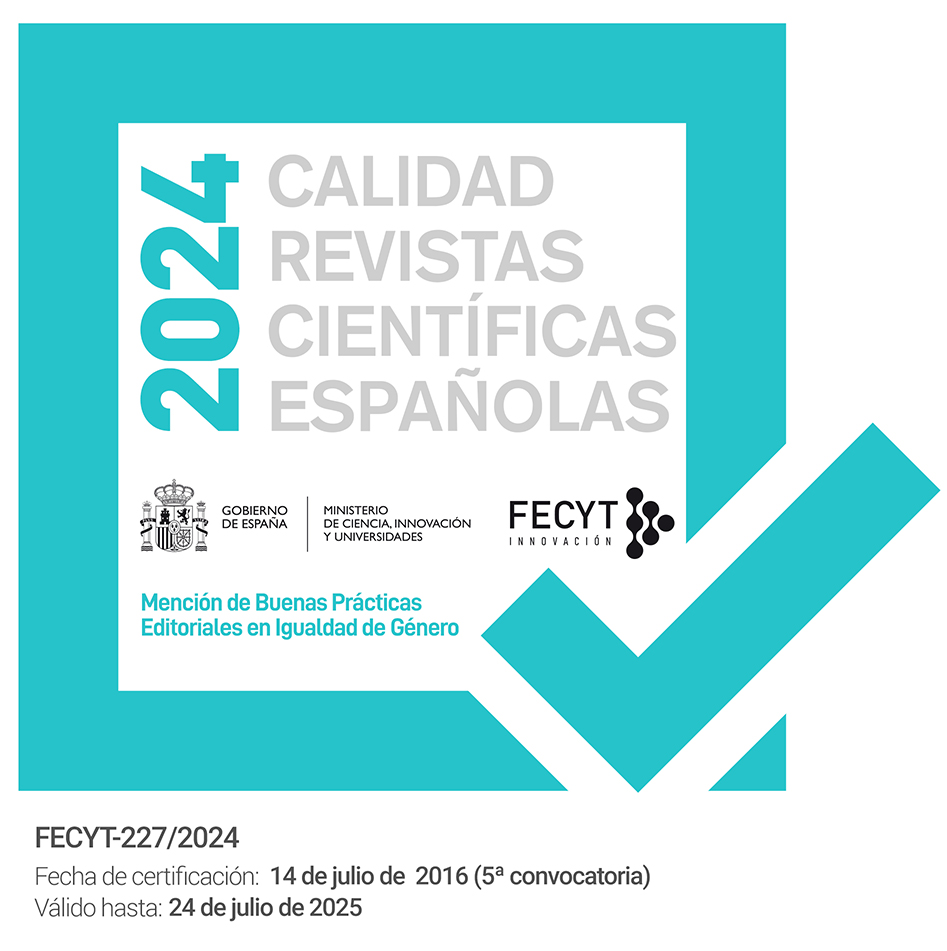Dader method to provide pharmacotherapy follow up
Keywords:
Dáder Method, Pharmaceutical care, Drug related problems, Pharmacotherapy follow upAbstract
Pharmacotherapy follow up is a professional practice in which the pharmacist is responsible for themedicine-related needs expressed by the patients, by detecting, preventing and solving drug relatedproblems. The Dáder Method for pharmacotherapy follow up has been developed by the PharmaceuticalCare Research Group of the University of Granada, in Spain. It is based on the use of the patient’pharmacotherapy record, the assessment of his assessment form, the identification of drug relatedproblems, the consequent pharmacist intervention and the evaluation of the achieved outcomes. In thispaper, the different carried out processes and the documentation system used in this method, aredescribed. The Dáder Method has been used in numerous countries, by hundreds of pharmacists, andapplied to thousands of patients.Downloads
References
Cipolle R. Strand L. Morley P. Pharmaceutical Care Practice. The Clinician´s Guide. New York: McGraw-Hill; 2004
Martin Calero M. Machuca M, Murillo MD, Casino J. Gasteurrutia MA, Faus MJ. Structural Process and Implementation Programas of Pharmaceutical Care in diferent countries. Curr Pharm Design 2004; 10 (31): 3947-3967
Grupo de Consenso. Documento de Consenso en Atención Farmacéutica. Ars Pharmaceutica 2001; 42 (3-4): 223-243
Machuca M, Fernández-Llimós F, Faus MJ. Método Dáder. Guía de seguimiento farmacoterapéutico. Granada: GIAFUGR; 2003. Disponible en: http://www.giaf-ugr.org/docu-giaf.htm consultado el 20-12-05.
Panel de Consenso. Segundo Consenso de Granada sobre Problemas Relacionados con Medicamentos. Ars Pharmaceutica
; 43(3-4):175-184.
Fernández-Llimós F, Faus MJ, Caelles N, Espejo J, Gastelurrutia MA, Ibáñez J, Machuca M, Tuneu L. Seguimiento Farmacoterapéutico y dispensación activa: diferencias y similitudes. Pharm Care Esp 2002; 4(3): 179-185.
Espejo J, Fernández Llimós F, Machuca M,Faus MJ. Problemas relacionados con medicamentos: definición y propuesta
de inclusión en la Clasificación Internacional de Atención Primaria (CIAP) de la WONCA. Pharm Care Esp 2002;4(2):122-127.
Fernández-Llimós F. Tuneu L, Baena MI, García-Delgado A, Faus MJ. Morbidity and Mortality associated with pharmacotherapy. Evolution and Current Concept of Drug-Related Problems. Curr Pharm Design 2004: 10 (31): 3947-3967
WONCA Classification Committee. An international glossary for general/family practice. Fam Pract 1995; 12(3): 341-369.
Aguas Y, De Miguel E, Suárez de Venegas C. Modelo para presentación de casos adaptado a la metodología Dáder.
Pharm Care Esp 2002; 4(1): 60-63.
Fernández–Llimós F. Problemas Relacionados con los Medicamentos. Conceptos y Clasificación. Seguimiento Farmacoterapéutico (Método Dáder). El farmacéutico 2002; 275: 54-61
Fernández–Llimós, F. Faus MJ, Gastelurrutía MA, Baena MI, Tuneu L, Martínez Martínez F. Identificación sistemática de resultados clínicos negativos de la farmacoterapia. Seguim Farmacoter 2004; 2 (3): 195-205.
Downloads
Published
How to Cite
Issue
Section
License
The articles, which are published in this journal, are subject to the following terms in relation to the rights of patrimonial or exploitation:
- The authors will keep their copyright and guarantee to the journal the right of first publication of their work, which will be distributed with a Creative Commons BY-NC-SA 4.0 license that allows third parties to reuse the work whenever its author, quote the original source and do not make commercial use of it.
b. The authors may adopt other non-exclusive licensing agreements for the distribution of the published version of the work (e.g., deposit it in an institutional telematic file or publish it in a monographic volume) provided that the original source of its publication is indicated.
c. Authors are allowed and advised to disseminate their work through the Internet (e.g. in institutional repositories or on their website) before and during the submission process, which can produce interesting exchanges and increase citations of the published work. (See The effect of open access).


















